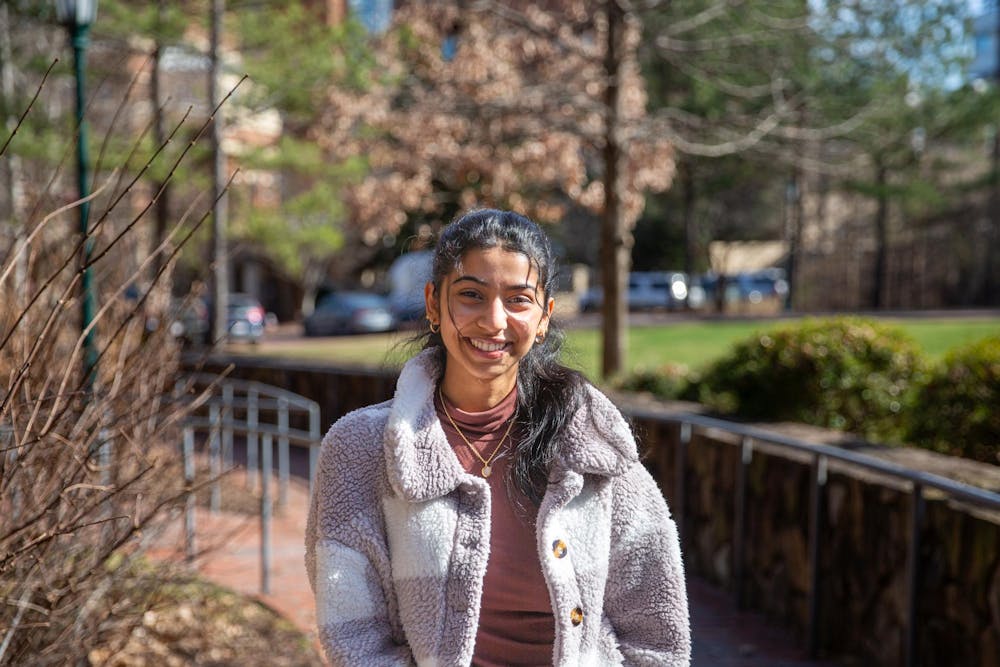Some students and professionals at UNC have expressed worry after President Donald Trump passed an executive order redefining American citizenship for people born in the United States.
The order, which was passed on Trump’s first day of office, will deny citizenship to children born in the U.S. to parents who have immigrated illegally. The order is slated to go into effect on Feb. 19, but is not expected to affect individuals born before then.
A federal judge temporarily blocked the order on Jan. 23, calling it blatantly unconstitutional. 22 states, including North Carolina, have challenged the executive order due to violating the citizenship clause of the 14th Amendment.
“All persons born or naturalized in the United States, and subject to the jurisdiction thereof, are citizens of the United States and of the State wherein they reside,” the clause states.
In an email statement to The Daily Tar Heel, Senior Director of Media Relations Kevin Best wrote that UNC will comply with all federal and state laws and guidance.
Best wrote that the University's International Student and Scholar Services will continue to monitor any immigration developments affecting international students, communicate those updates promptly and follow federal immigration requirements.
As of fall 2023, UNC has over 2,600 international students enrolled from more than 110 countries, according to the UNC Global Affairs website.
On Jan. 24, Chancellor Lee Roberts said UNC will comply with orders from law enforcement for students on campus who may be sought by the U.S. Immigration and Customs Enforcement officials.
Best also said there are no changes to UNC's H-1B visa program, which allows skilled workers such as professors to enter the United States and work in a specialty occupation.





